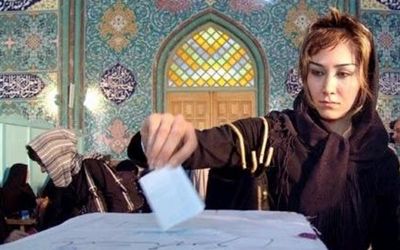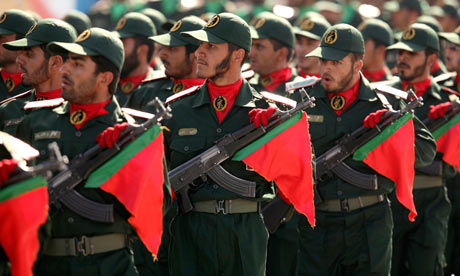In early March, a cigarette vendor named
Adel Khazri set himself on fire in the capital,
Tunis, an act reminiscent of Mohamed Bouazizi’s self-immolation that triggered
the beginning of the Jasmine Revolution. He was protesting the high level of
unemployment in the country. Overall unemployment is currently 17%, with levels
as high as 30% in rural areas (F.T., 2013).
The struggling economy remains the focus
of Tunisia’s civil unrest. Despite current changes regarding women’s rights and
the reemergence of the Salafist movement, high unemployment and rising debt are
the focus of international attention. Many blame “tunisia’s
tax code [that] favours exporting companies. Those that sell locally face higher
tariffs and more regulation”(F.T., 2013). This creates a dynamic where exports
are encouraged rather than investment, trade, and capital flow within the
country’s borders. Similar to this globally-focused economic dynamic, many
believe that economic policy has been formed in favor of the global market
rather than for the benefit of the country, and hope that “economic policy will be written for the Mohammed
Bouazizis of the world rather than the bankers” (Ryan, 2013).
 |
| The 2013 WSF was located in Tunis. |
Another aspect of the current economic
turmoil in Tunisia is the “looted assets”(Reuters, 2013) from Ben Ali’s rule;
recently Tunisia received a check for $28.8 million dollars, retrieved from a
Lebanese bank account held by Leila Trabelsi,
former president Zein al-Abidine Ben Ali’s wife. This is the result of a
appointed UN representative’s efforts to recover
stolen assets; billions remain missing.
Both the International Monetary Fund
(IMF) and World Social Forum (WSF) are currently playing roles in the country
regarding rehabilitation of the economy and next steps for Tunisia’s
government. Tunisia is currently
negotiating a $1.78 billion dollar loan from the IMF in order to keep the economy
afloat. However, the way in which the IMF is pushing economic reform could undermine
the public’s confidence in the democratic transition of the government if the
new policies are pushed through without the debate and approval of the
country’s elected officials.
In terms of political stability, a reemergence of a "Bourguibist" tradition has been predicted, based upon the
rule of Ben Ali’s predecessor, Habib Bourguiba, who was deposed in 1987.
Currently, the government is attempting to retain legitimacy in the democratic
transition by including more parties; the Prime
Minister, Ali Laarayedh, ceded key ministries to
non-party figures in response to the assassination of leftist politician Chokri
Belaid on February 6th of this year (E.B., 2013).
 |
| Demonstration at the World Social Forum in Tunisia |
Focusing
upon the economic instability of the country and ways in which economic policy
can reflect negatively upon the democratic transition of Tunisia is important
when considering the future of the country. As a “homegrown” revolution
originally, Tunisia may face further and increased uprisings if the public does
not feel that anything has changed. Based on Tunisia’s past experiences and the
current social climate, it seems that future demonstrations will continue to be
largely nonviolent. The protests will most likely also continue to include the
most affected parties, which are the younger college-graduate part of the
population, that is highly educated and in dire need of opportunities.
 |
| Tunisian Flag |
The public will
need to see improvement in job opportunities and over all unemployment rates,
as well as accountability and transparency within the government that indicate
a successful democratic transition. I would recommend that the government wait
until the legislative and presidential elections later this year to make
decisions concerning the IMF loan, so that the process is facilitated by elected
officials rather than representatives from the IMF. I would also recommend that
the government pay particular attention to changing cultural and social
factors; the backlash from the states previous restraint of Muslim practices
and religious parties and the
growing ambiguity of women’s rights will be important changes that could affect
economic and political issues as the cultural climate of Tunisia changes. For
now, it seems we will have to wait for the elections this fall to see what Tunisia does with this rare opportunity to
redefine itself.
Works Cited:















